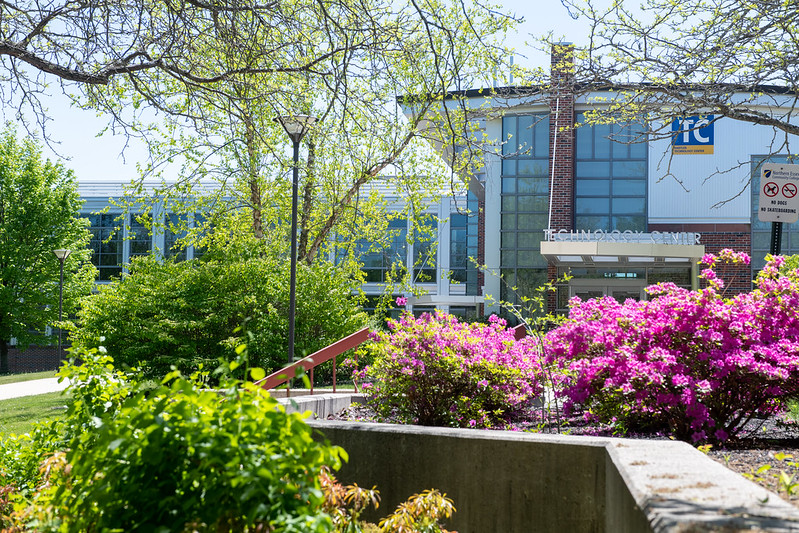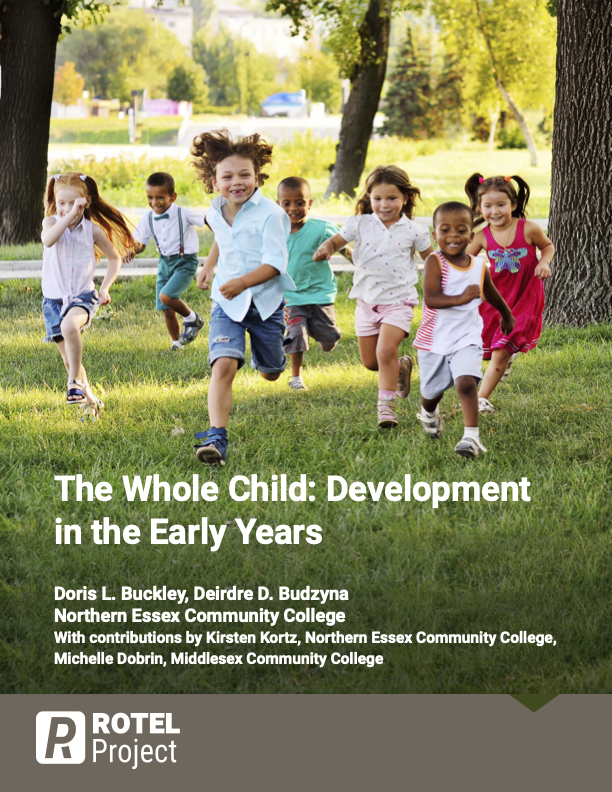Eighteen NECC Professors Transform Courses with AI and Open Educational Resources
Haverhill, MA (August 4, 2025) — Over the summer, 18 Northern Essex Community College faculty members have been working to expand student access to free, relevant textbooks and course materials. Those materials are known as Open Educational Resources (OER), and this project focuses on creating materials that integrate artificial intelligence and career readiness into coursework.
The project is supported by a $1.98 million grant from the U.S. Department of Education to develop open-source textbooks for high-enrolling general education courses that are applicable across public college systems in Massachusetts. Framingham State is the lead recipient and has partnered with UMass-Lowell and NECC on the initiative, which is called the Career and AI Readiness while Remixing Open Textbooks through an Equity Lens (CA-ROTEL) project.
“This grant is about more than cost savings for students,” says Sue Tashjian, NECC’s Academic Innovations Programs Manager and Co-Chair of the Massachusetts Department of Higher Education OER Advisory Council. “The professional development provided through the CA-ROTEL project gives faculty a practical framework for integrating AI with OER, leaving instructors feeling confident and better prepared to embed AI readiness into their courses, which directly translates to students gaining essential digital literacy skills needed for today’s AI-driven workplace.”
NECC’s Criminal Justice Program Coordinator Scott Joubert is redesigning the online version of his class, Incarceration & Alternatives. In 20 years, he’s taught several iterations of this class, and says he saw the CA-ROTEL project as an opportunity not only to update the content, but also the delivery and engagement.
“My goal was to integrate AI into the course in meaningful, pedagogically sound ways I could only dream about a few years ago,” says Joubert. “One of my favorite examples: In the early weeks of the course, students explore the historical evolution of incarceration, including some deeply troubling Supreme Court decisions that shaped our system. To bring these cases to life, we created a PowerPoint lecture, turned it into a script, and used AI to generate a deep fake video of Chief Justice Melville Fuller narrating these historical events as if he were in the room. It’s immersive, thought-provoking, and—honestly—one of the most exciting things I’ve worked on.”
Professors Elizabeth Casanave, Meredith Gunning, and Dermot Luddy are exploring several ways to use AI to enhance their Intro to Philosophy classes.
“I do believe that both in school and in workplaces, AI is transforming what is expected of students. If we do not teach them how to use AI as a tool, we could be doing students a disservice, both in their own studies and once they enter the workforce. But it is a complex issue as to how to do this well, such that it is only a tool rather than a quick route which bypasses human thinking,” remarks Gunning. She says AI has already been helpful in her classes by making materials more engaging and accessible.
Like many faculty members working on the CA-ROTEL project, Computer & Information Sciences professor Michael Penta is deeply familiar with OER and its benefits. He already uses OER in six of his eight classes. This project is allowing him to adapt a new textbook that he’s using for Intro to Python Programming/Programming for IT.
“It’s a solid resource, but the exercises are lacking. My project is to develop an open set of exercises for each chapter that cover core concepts, career readiness, and ethical AI use. The idea is to have students build a continuous project throughout the semester, completing it piece by piece through these exercises.”
The CA-ROTEL project has allowed Public Health Program Coordinator Amanda Prophett to include up-to-date, relevant case studies that reflect current public health issues in her curriculum. She says this greatly helps students in her Intro to Public Health Class to connect concepts to contemporary issues, fostering critical thinking.
“The diverse and talented CA-ROTEL team helped me bring my vision to life every step of the way, and I am thrilled with the simulators and engagement opportunities this resource provides students. I truly believe students will be able to gain better mastery of these concepts and learning outcomes thanks to this project being so efficient and engaging.”
Northern Essex CA-ROTEL projects also include business, English, Writing, Early Childhood Education, Liberal Arts, and language classes. This initiative builds on a previous project– supported by a separate $1.3 million grant from the DOE – which produced nearly 30 OER textbooks being used at the partner colleges and beyond. NECC’s first open textbook, The Whole Child: Development in the Early Years, is in use at more than a dozen colleges and universities, including institutions in Canada and Portugal.
Tashjian estimates the use of free and low-cost course materials has saved Northern Essex students $10 million on textbooks over the last ten years. NECC currently offers 90 courses that use OER. Students can search specifically for these classes in the course search tool and select the Free/Low-Cost Books icon. For more information about free and low-cost textbooks or OER, please contact Sue Tashjian at 978-556-3686 or stashjian@necc.mass.edu.








